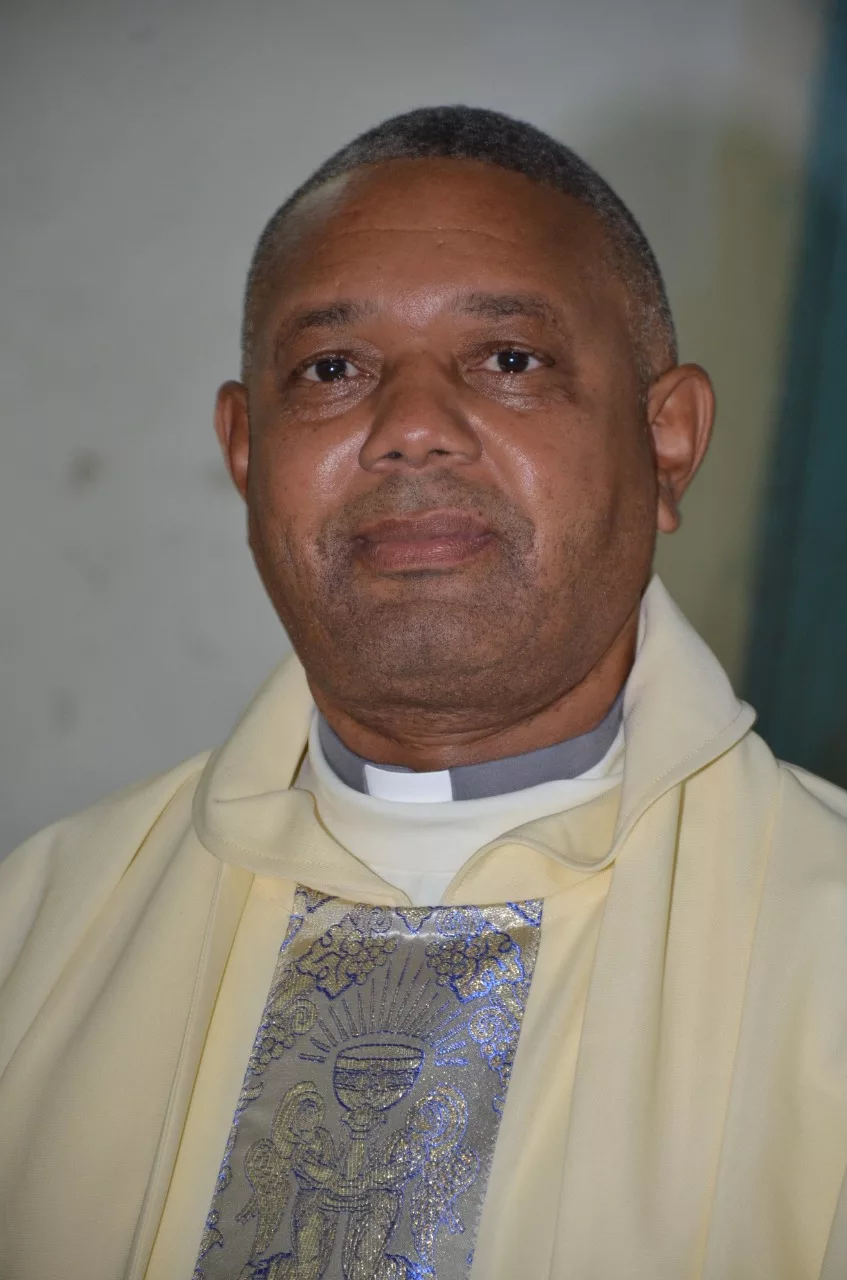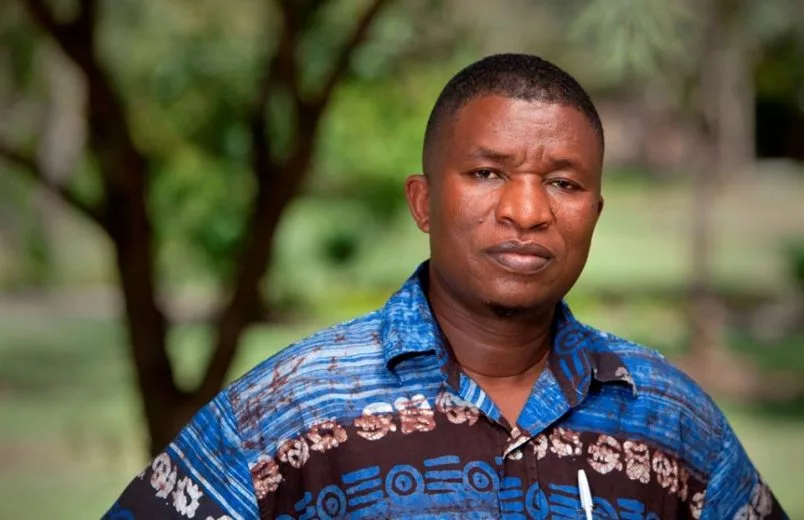Speakers
-
 Bishop Wilybard LaghoCatholic Diocese of Malindi, Kenya, Bishop of the Diocese of Malindi
Bishop Wilybard LaghoCatholic Diocese of Malindi, Kenya, Bishop of the Diocese of MalindiBishop Wilybard Lagho began his philosophical studies at St. Augustine’s Senior Seminary in Mabanga (1980-1982) and later pursued Catholic Theology at St. Thomas Aquinas Major Seminary in Nairobi (1982-1986). Ordained as a deacon in December 1985, he became a priest for the Archdiocese of Mombasa in April 1987. Between 1987 and 1988, he served as an assistant pastor, later leading parishes and overseeing youth and vocational pastoral activities in Mombasa. By 1994, Lagho earned a Master’s in Religious Studies from the Catholic University of Eastern Africa in Nairobi, continuing his studies in Cairo and Rome. In 1998, he specialized in Arabic and Islamic Studies in Rome. Upon returning to Kenya, he held various educational and pastoral roles, eventually becoming the Vicar General of the Archdiocese of Mombasa by 2008. Lagho was involved in interfaith dialogue, leading the Coast Interfaith Council of Clerics from 2011 and consulting for the Papal Council for Interreligious Dialogue (2008-2014). In December 2020, Pope Francis appointed him as Bishop of Malindi, with his episcopal consecration occurring in March 2021.
-
 Charles ChilufyaJesuit Justice and Ecology Network – Africa (JENA), Director
Charles ChilufyaJesuit Justice and Ecology Network – Africa (JENA), DirectorFr. Charles Chilufya, an African Jesuit priest, has directed the JCAM Justice and Ecology Office (JEO) since 2018. JEO champions economic, social, migration, gender, and climate justice in Africa, bridging global policies with local African challenges. They also promote collaboration across apostolic sectors on justice and ecology. Before this, Fr. Chilufya taught business and economics at Zambia’s Copperbelt University and served as University Chaplain.
-
 Emmanuel AttohInternational Water Management Institute (IWMI), Climate Adaptation Specialist
Emmanuel AttohInternational Water Management Institute (IWMI), Climate Adaptation SpecialistDr. Attoh is a Climate Adaptation Specialist at the International Water Management Institute (IWMI) with over 10 years of experience spanning Africa, Europe, and Asia. He’s dedicated to fostering a climate-resilient society, especially aiding low- and middle-income countries in combating climate extremes and food and water insecurity. His interdisciplinary approach focuses on understanding climate variability and its impacts. Before IWMI, he worked at Wageningen University in the Netherlands and served as a Research Partner at Universitat Autònoma de Barcelona. Dr. Attoh holds a PhD in Climate and Environmental Science and has contributed to several peer-reviewed publications.
-
 Joseph Mithika MwendaPACJA, Executive Director
Joseph Mithika MwendaPACJA, Executive DirectorDr. Joseph Mithika Mwenda, popularly known as Mzalendo, meaning “patriot” in Swahili, is a renowned Kenyan climate advocate and co-founder of the Pan African Climate Justice Alliance (PACJA). Born in 1973 in Meru County, Kenya, Mwenda studied at Moi University and pursued postgraduate studies in public policy at Jomo Kenyatta University of Agriculture and Technology. A passionate voice for over a decade in the climate change movement, he represents African civil society in key international committees, such as the World Bank Forest Carbon Partnership Facility. Recognized globally, Mwenda was named among the 100 most influential figures in climate change policy and received the Sierra Club’s Earth Care Award in 2019 for his significant contributions to environmental conservation.
-
 Tanin KuntaiJesuit Hakimani Centre, Programme Lead: Integral Ecology
Tanin KuntaiJesuit Hakimani Centre, Programme Lead: Integral EcologyTanin Kuntai holds a Bachelor of Arts Degree in Development Communication and is pursuing a Master’s Degree in Research and Public Policy. She’s completed short courses in Climate Justice, Food Systems, and Data Science. Tanin works at the Jesuit Hakimani Centre as a Programme Lead for Governance & Advocacy and Integral Ecology.
She and the organization have influenced government policies to represent rural communities’ voices and needs in Kenya and beyond. Notable contributions include the Warehouse Receipt Bill in Kakamega and Kisii Counties, the Agriculture Crop Bill Policy Brief in Kitui County, and the Food Security Bill at the national assembly level. Tanin has led research in various national projects, guided by a personal constitution that emphasizes effective use of her talents, skills, and time while owning the consequences of her decisions.
Faith and the Blue Frontier: Climate, Justice and Stewardship in Aquatic Ecosystems – Jesuit Justice and Ecology Network Africa (JENA)
This session will explore …
Blue food systems, including aquaculture and fisheries, mainly in the Global South, face climate change impacts with limited financial support. Despite providing 20% of animal-source protein to 3.3 billion people, this sector gets minimal climate adaptation funding, risking malnutrition in impoverished areas. With only $2 billion allocated in two decades, these systems risk collapse from increasing climate challenges. Financing for blue





